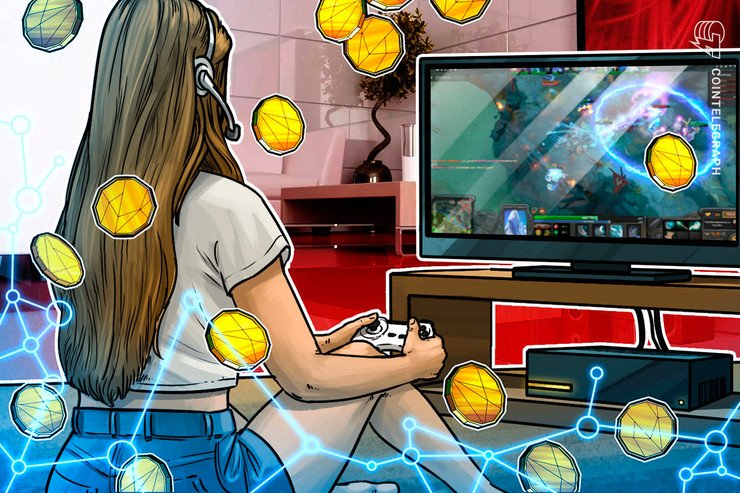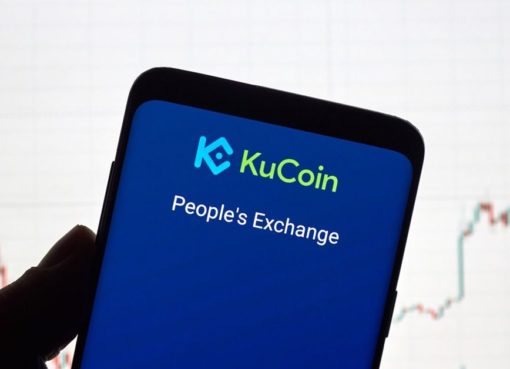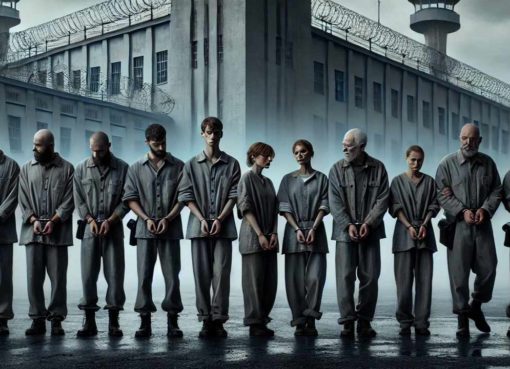The underlying premise of many video games might actually give people a core understanding of economics, especially in the crypto space.
“As a kid, I played a lot of RuneScape,” crypto YouTuber and programmer Ivan on Tech said in a March 28 video.
RuneScape is a medieval era fantasy game in which players interact with other live players, completing journeys, buying, selling, and trading various tools and materials, as well as battling.
“A part of RuneScape is that it has its own economy,” Ivan said. “There’s actually a lot of experience you get from playing games as a kid,” he also noted. “I learned my first market mechanics in this game.”
RuneScape helped Ivan on Tech learn to flip crypto assets
Looking over a list of various fake, digital items within RuneScape, Ivan showed that players can sell and trade thousands of items, such as gold, water, steel, grapes and a plethora of other supplies.
Clicking on each item brings up a stock-like chart showing the asset’s price journey over time within the game. Some of said items even showed volatility reminiscent of cryptocurrencies.
“Oak logs, they had a bull market up until December of 2019, and, since then, they entered a bear market in RuneScape,” Ivan explained.
Ivan found out about pump and dumps from the game
The YouTuber said RuneScape even taught him about pump-and-dumps — a less than moral method of pumping an asset’s price through deception, only to dump on hopeful buyers later, crashing prices in the process.
Ivan explained that RuneScape helped him see which assets were going through pump-and-dumps in crypto. “I got my first experience being dumped upon in RuneScape,” he said.
This recognition can help investors and traders stay away from, or navigate, potentially risky trades.
Other games also teach similar market familiarity
RuneScape is not the only game housing a framework similar to real-world economics. A virtual world game called Second Life employs Linden Dollars — simulated online money players can buy with USD.
World of Warcraft also holds an internal economy similar to that of RuneScape. Some players even try to sell items for real world cash.
Additionally, ties between video games and real life economics have only increased with time. Cryptocurrency and blockchain pave the way for sending in-game currency into the real world for sale and trade, as well as ability to transfer items between users.
On a similar note, blockchain-based virtual reality platforms are on the rise, selling digital real estate for crypto assets such at Ethereum (ETH).




